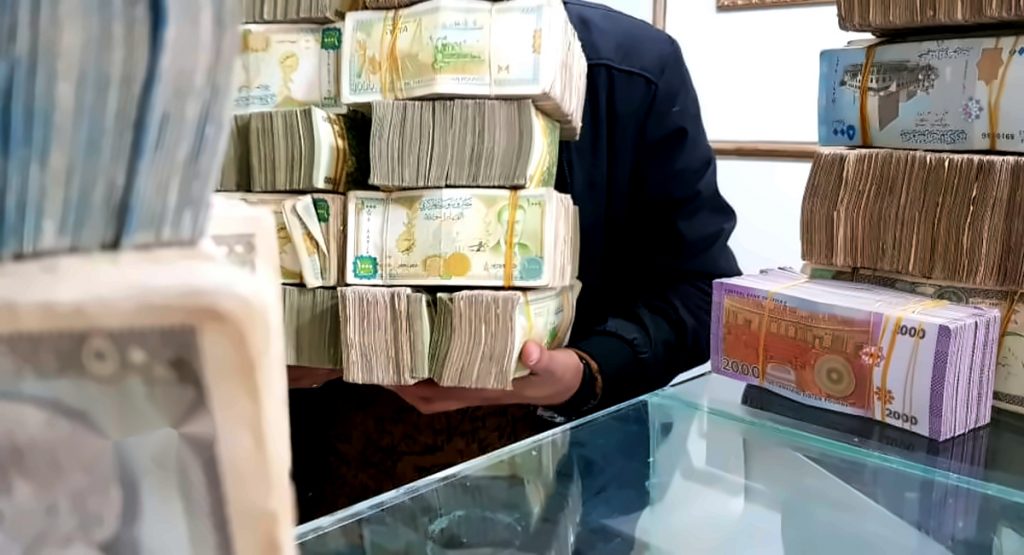Wage Reform in Syria: Between Aspirations and Challenges

Salaries in Syria have seen a significant increase of 200%, according to Presidential Decree No. 102 for the year 2025, issued by President Ahmad al-Shara in June last. This increase included both civilian and military workers in state institutions, raising the minimum wage to 750,000 Syrian pounds per month. The increase also applied to pensions at a similar rate.
Minister Barnieh explains that these increases were implemented in three phases. The first phase focused on a general salary increase, while the second phase addressed what is called "qualitative increases" targeting sensitive positions such as judges. The third phase, set to be implemented next year, aims to unify salaries at the state level and bridge the gaps between different provinces.
However, these reforms face serious challenges. The Syrian economy is still suffering from the effects of years of war and international sanctions, and high inflation rates threaten to weaken the purchasing power of the recent increases. Moreover, the inclusiveness of these increases remains questionable, as the decree excluded many categories such as those working on temporary contracts or on a production basis.
The minister confirms that these reforms are part of a broader system aimed at reforming civil service and government financial services, with a focus on combating bureaucracy and corruption. But the question that remains is: Will these reforms be sufficient to achieve a decent life for citizens in light of the enormous economic challenges facing the country?
Financial reforms represent a step in the right direction, but their success will depend on many factors, including improvements in security conditions, attracting foreign investments, addressing the causes of inflation, and ensuring greater inclusiveness for the benefiting groups. The road to economic recovery is still long, and these increases may just be the beginning of it.